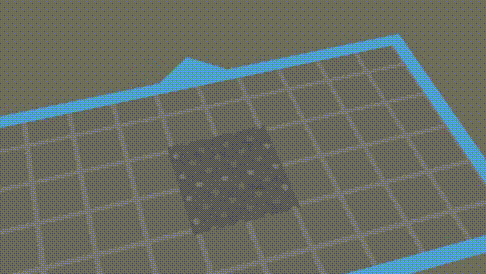
Ceramic: Precision, Strength, Innovation in 3D Printing
Ceramics offer exceptional strength, temperature resistance, and durability, making them ideal for high-performance 3D printing. Widely used in aerospace, automotive, electronics, and medical fields, ceramics enable the creation of complex, precise parts. Their biocompatibility also makes them perfect for dental and bone repair applications, providing durable and reliable solutions across industries.
Why Choose Our Ceramics?

High Performance
Exceptional temperature, corrosion, and mechanical resistance.

Material Variety
Offering oxide, non-oxide, and bioceramics for diverse needs.

Precision 3D Printing
Designed for high-precision, complex 3D printed structures.

Custom Solutions
Tailored ceramic formulations for industrial and medical applications.

Quality Control
Ensures precise particle distribution and superior surface finish.
Contact us now if you have any questions!

Oxide Ceramics
As is widely known, oxide ceramics possess excellent high-temperature resistance, corrosion resistance, and insulation properties, such as alumina and zirconia. Our developed oxide ceramic slurry can be 3D printed through photopolymerization, making it ideal for producing high-precision and complex geometric structures, perfect for high-performance ceramic components.



Non-Oxide Ceramics
Non-oxide ceramics, such as silicon carbide and silicon nitride, exhibit outstanding wear resistance, thermal conductivity, and chemical stability, making them suitable for extreme environments and demanding industrial applications. Our silicon carbide and silicon nitride ceramic slurries have excellent fluidity, and when combined with photopolymerization 3D printing process parameters, they can produce complex and intricate structures.





Bioceramics
Bioceramic materials are primarily used in the medical and bioengineering fields, known for their excellent biocompatibility and mechanical properties. Classic materials include hydroxyapatite (HAP) and tricalcium phosphate (TCP). Our HAP and TCP materials are designed for photopolymerization 3D printing, enabling high-precision prints with good biocompatibility, suitable for applications such as dental and bone repair.



